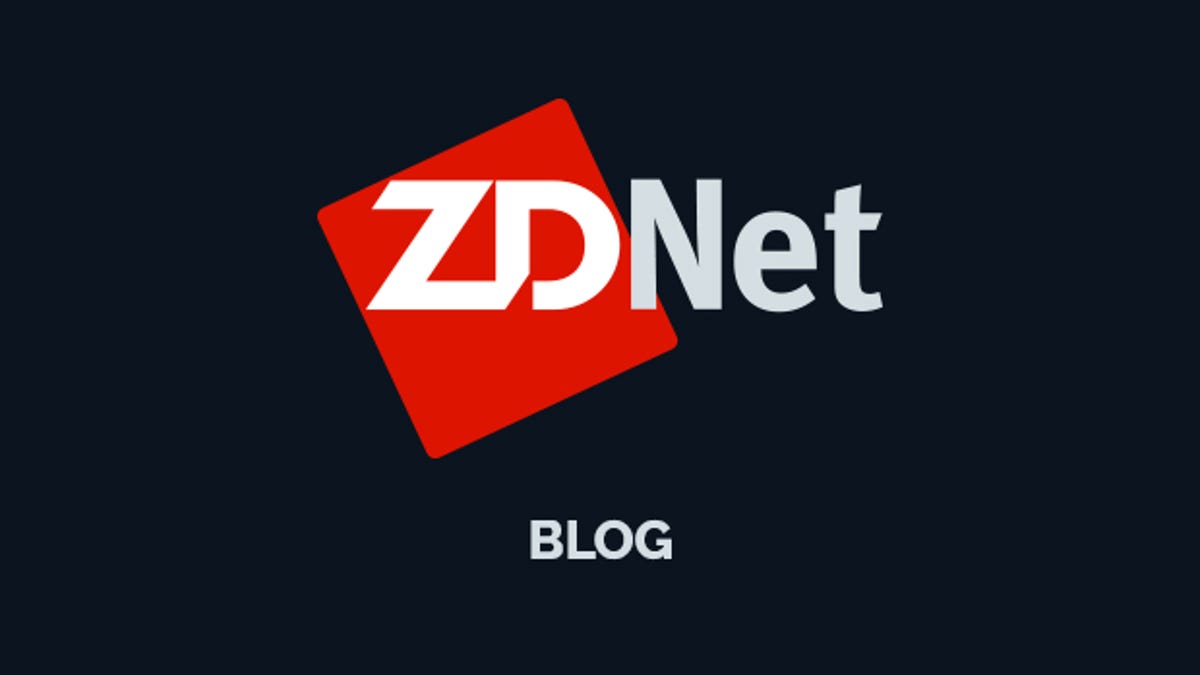Originally posted by ryao
View Post
Announcement
Collapse
No announcement yet.
Debating Continues Over Possible Kernel GPL Violation
Collapse
X
-
That article makes it very clear that it's because of Apple's ToS that distributing GPL'ed apps is forbidden, and not because they use DRM.
-
The FSF disagrees. ZDNet has a good summary of this:Originally posted by JanC View PostThe GPL is not hostile to DRM (contrary to what some people claim, it does not forbid the use of DRM at all), but (some) DRM is hostile to the GPL.
Apple explicitly forbids GPL'ed apps, while there is absolutely no legal reason for them to do so. They can legally release GPL'ed apps with DRM applied in their app store, as long as the apps come with an option to download their source code and installation instructions.
(If you don't believe me, you can go read the GPL yourself!)
Leave a comment:
-
The GPL is not hostile to DRM (contrary to what some people claim, it does not forbid the use of DRM at all), but (some) DRM is hostile to the GPL.Originally posted by deanjo View PostActually it's the GPL's hostility to DRM that prevents it being published.
Apple explicitly forbids GPL'ed apps, while there is absolutely no legal reason for them to do so. They can legally release GPL'ed apps with DRM applied in their app store, as long as the apps come with an option to download their source code and installation instructions.
(If you don't believe me, you can go read the GPL yourself!)
Leave a comment:
-
The " ;-)" was there to indicate sarcasm. Seriously though, the amount of contributions and significance of them to other platforms is debatable. But I don't want to go into that.Originally posted by deanjo View PostI would say with items like Chrome taking a majority of the browser marketshare and cups being the defacto printing system of choice for non-windows machines there are a lot that would disagree.
Wow, that's big.Originally posted by XorEaxEax View PostStill Microsoft solved this by simply stating that an OSI licence will take precedence over Microsofts own licence terms in their app store, so GPL is no problem there.
The more I think about it, the more it looks like MS will go the way of IBM. You know, the former arch-enemy of all that's good in computing...
Leave a comment:
-
I was replying to someone saying GPL is viral, as in you have to release your changes as GPL to comply, and pointed them there are plenty of other choices. And yes, FSF does not have a list with the licences compatible with GPLv2 only, you need to filter the generic list for the v2 only exceptions.
Leave a comment:
-
Did you even read your link?
"Please note that GPLv3 is not compatible with GPLv2 by itself."
"Please note that LGPLv3 is not compatible with GPLv2 by itself."
"Please note that the GNU AGPL is not compatible with GPLv2."
"Please note that this license is not compatible with GPL version 2"
and lots more incompatible licenses listed there.
Linux is GPLv2 (and not "any later version" like other GPL software). This restricts which licenses are compatible. While there are some licenses that would comply with the GPLv2 terms, the issue at hand here is RTS keeping their modifications private. That clearly violates the terms of GPLv2.
Leave a comment:
-
hmm... I think you didn't get what I meant...Originally posted by a user View Postlike most trolls you didn't understand the point.
people use and take code from others, modify it a bit and then they wonder why they are not allowed to keep there result closed while most of it based on work of others?
no really a shame...
what you take must stay open. your contributions may be closed. that's basically what gpl states.
if you cry about what linux devs suffer then compare it to i.e. windows world:
you can't take anything without paying, especially not if you want to make money with your contributions.
no really, hard time linux devs have
I not talking about coding... I am talking about the problem...
Leave a comment:
-
like most trolls you didn't understand the point.Originally posted by solo2101 View Postwow....
No wonder so many developer have a hard time with Linux...
people use and take code from others, modify it a bit and then they wonder why they are not allowed to keep there result closed while most of it based on work of others?
no really a shame...
what you take must stay open. your contributions may be closed. that's basically what gpl states.
if you cry about what linux devs suffer then compare it to i.e. windows world:
you can't take anything without paying, especially not if you want to make money with your contributions.
no really, hard time linux devs have
Leave a comment:
-
Only because they explicitly say so. Which is similar to dual licensing.
Makes no difference, because GPL is the most restrictive.Originally posted by Ansla View Postif the code you wrote is linked togheter with the GPL code the resulting binary is under BOTH lincences.
Leave a comment:
-
Any GPL-compatible license. The FSF does approve of some GPL-incompatible licenses under some circumstances (e.g. for APSL 2.0 "We recommend that you not use this license for new software that you write, but it is ok to use and improve the software released under this license.").Originally posted by Ansla View PostYou don't have to GPL your modifications, you can release them under any FSF aproved licence.
Leave a comment:


Leave a comment: